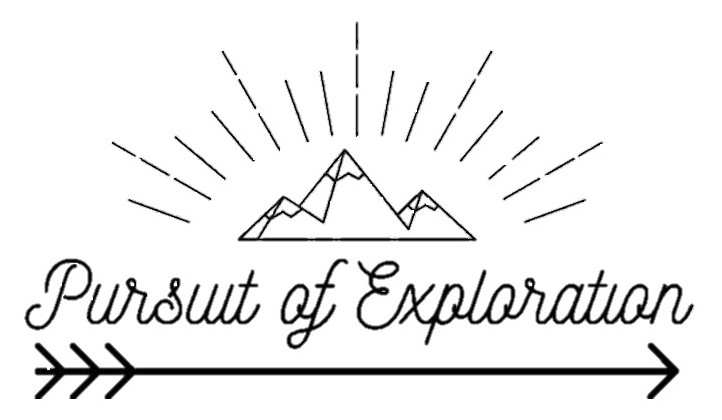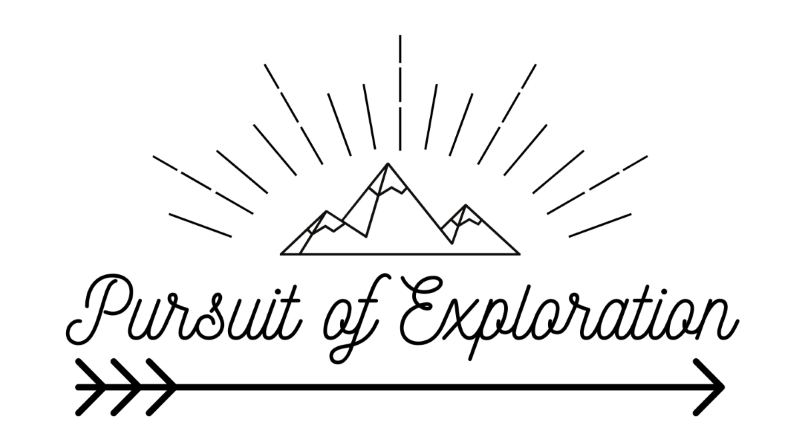It was March 2020. The flu-like illness we had all heard about on the radio was globally abound and had finally arrived on our doorstep. It was a plague that cancelled all plans and ran everyone into lockdown wherever it spread. As plans ground to a halt, feelings of uncertainty seeped into the cracks of our calm façade. Stuck in our homes and unable to see our friends and family, time went by like the flow of molasses as we started to adapt to a newly formed hyper-virtual world. Outside, the Earth fell silent as cars remained parked, and our species remained indoors and out of sight for the first time since the dawn of civilization.
At first it was a blissful break from the status quo. Thinking it would only last a few weeks, we took time to focus on the present, and accomplished many tasks that needed checking off the to-do list. But the isolation of lockdown had a way of sneaking into everyone’s sanity, and as time continued, the trapped sensations slowly became a nightmare.

For scientists, the realization that research was at a standstill and would be for quite some time was incomprehensible. I was personally looking forward to spending another summer in Iqaluit, Nunavut, to collect samples for my Master’s research. Reminiscing on being once again surrounded by the sweet marine tang of the cold ocean air, seeing the beauty of the distant hills of the tundra adorned with fall colours, and boating past a multitude of floating icebergs, I held on to a thread of hope that the situation would be resolved by the time I was scheduled to leave. But unfortunately, like many others who were eager to spend another summer collecting samples, I was told I wouldn’t be going.
Ecologists are scientists who are always on the move. They venture to remote locations such as the Arctic or to uninhibited islands, to study ecosystems, which are the interactions of plants and animals with their environment. Ecologists conduct field work, which means going out into nature to collect data, this can be in the form of samples or measurements. The news of not being able to do field work was particularly devastating for ecologists, because unlike other scientists, such as geologists whose rocks aren’t going anywhere, the animals and ecosystems that ecologists study are rapidly changing and animals are disappearing.
Many ecologists often conduct multi-year studies which are important for understanding environmental impacts and biological change associated with climate change or urbanization. In a multi-year study, every year is essential, and every data point is critical. Many of those studies had to be put on hold, which meant losing important data. Ecologists, and other scientists, were also locked out of their laboratories which meant samples couldn’t be analyzed and research couldn’t progress.
For us graduate students studying ecology, a summer without being able to collect samples was detrimental to our research. I was fortunate that I had collected sufficient samples when I was in Iqaluit the previous year, but many of my peers weren’t so lucky. I had many friends for whom that upcoming summer was essential and not being able to do field work or have access to a laboratory jeopardized their research. Many had to completely change their research projects, and for others, it meant that graduate studies would take a lot longer than expected to complete.
Now that we’ve been through four waves of the virus, things are starting to feel normal again and the future’s beginning to look bright. Ecologists are back to doing what they do best, conducting research in their laboratories and doing field work, albeit with tighter restrictions and logistical nightmares – but precious samples can once again be collected! The overwhelming mix of uncertainty, frustration, and anxiety that we all felt at the beginning of this unpleasant and unexpected journey is dissipating, and being instead replaced by feelings of happiness, joy, and excitement for the future. Aside of course from the terror of lives being taken, COVID-19 uprooted everyone’s lives, making us realize how interconnected everyone is and taught us that despite everything, we’re resilient and can adapt to unforeseen circumstances.




Well said! Love your blogs.